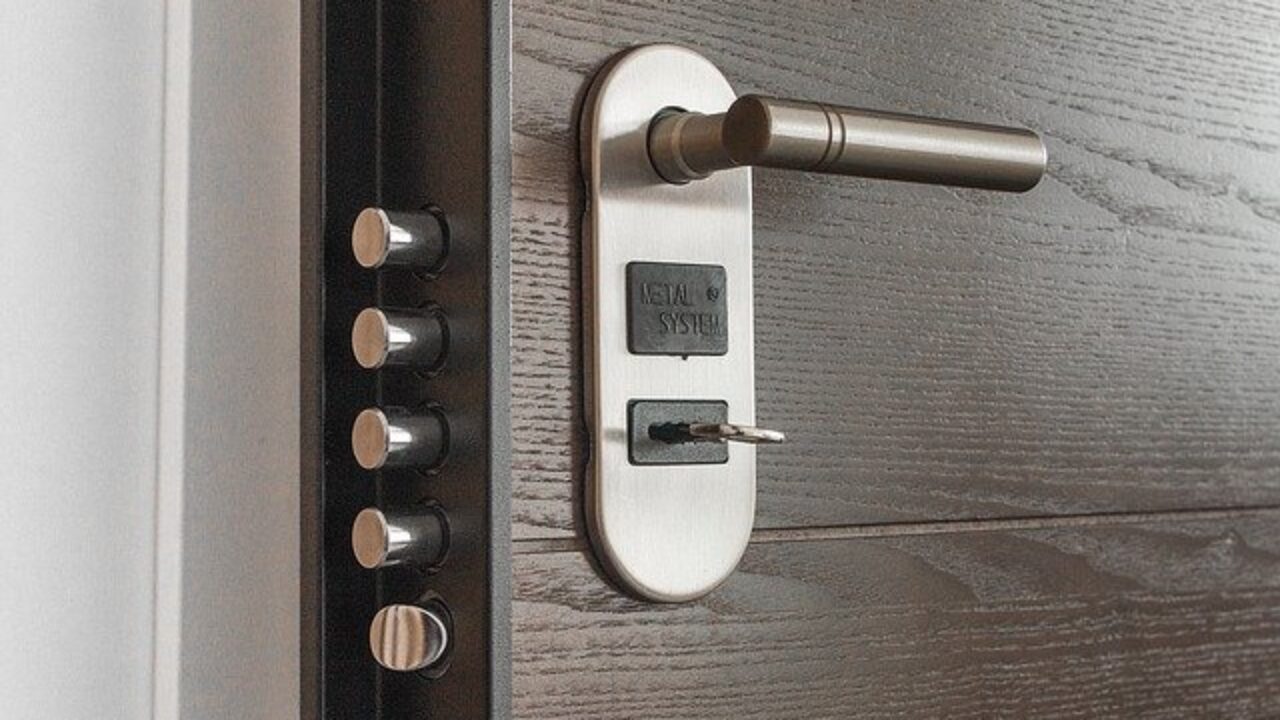There are many circumstances when you might need to change your locks. It could be a lost key or a sinister break in. Some landlords choose to rekey locks after an eviction to make sure that old tenants can’t return.
Rekeying involves changing the pins within the lock cylinder so that the old key no longer works. This is a less expensive option than replacing the entire lock.
Rekeying
Rekeying is a lock changing procedure that swaps out the key pins within your current lock so that your old key no longer works. A professional locksmith will remove the lock cylinder, replace the old pins with new ones, and then reinstall your lock.
Re-keying is a great way to ensure that all the locks in your home work off of one key. This can be especially useful if you recently purchased a home and there are a few locks that don’t work with the house key.
Rekeying is also an excellent choice for business owners who are concerned about former employees still having access to the building. If an ex-employee has a grudge against your company, they could use their spare keys to gain entry and potentially cause criminal damage. Rekeying prevents this from happening by ensuring that no old employee has a working copy of your new key.
Replacement
There are several reasons you might want to replace your lock. For example, if the locks were broken into, or you want to upgrade to a smart door lock that will work with your voice assistant of choice (like Alexa, Google Home, or Apple Siri).
When installing new locks it’s a good idea to choose a model that matches the brand and type of the old one. It saves time and effort and can also help ensure a secure fit. You can find the manufacturer on the existing lock or on the lock cylinder itself. If you are unsure, take the old lock to a hardware store and ask for help finding a replacement.
Replacing a lock is an easy DIY project that even beginners can do. However, if you’re concerned about the security of your home or have any doubts about your DIY abilities, it’s best to hire a professional. This will ensure that your home is safe and secure.
Repairs
Sometimes a lock that appears to be broken actually just needs some lubrication. The trick is to use the right lubricant and apply it with finesse. You can find a variety of solutions from dry to oil-based.
Try using a graphite spray lubricant (be aware that it can stain). Use a drop cloth to control overspray and address any drips. If this doesn’t work it could be that the bolt is misaligned with the door or that the lock cylinder needs to be cleaned of debris. These are usually problems that require the skills and experience of a locksmith.
A deadbolt that won’t retract is a serious problem that should be addressed immediately. You can replace the bolt with a new one, or you can change the location of the strike plate to widen the gap. This will help to allow the bolt to fit into the strike hole and extend correctly. You can also try to bend the bolt back into shape, but be aware that this can weaken it significantly.
Installation
One of the most common reasons people call a locksmith is to install a new lock. It’s a great way to give a fresh start to a new home purchase, or even if you’ve been living in your house for years and want to upgrade the look.
Installing a traditional lock is a simple process. First, you remove the old door knob or handle set and replace it with a new lockset. Then, you screw the deadbolt and faceplate into place. You may need to use a longer set of screws for thicker doors, but it’s usually best to measure your door before using them.
Once you’ve finished, rekey the lock so that all locks are keyed to the same key. This is important for landlords, as it ensures tenants can’t change their own locks without the landlord’s knowledge. It also helps to prevent unauthorized access between tenancies. Talk to a local locksmith about upgrading to a digital / keypad deadbolt to further increase your home’s security.
